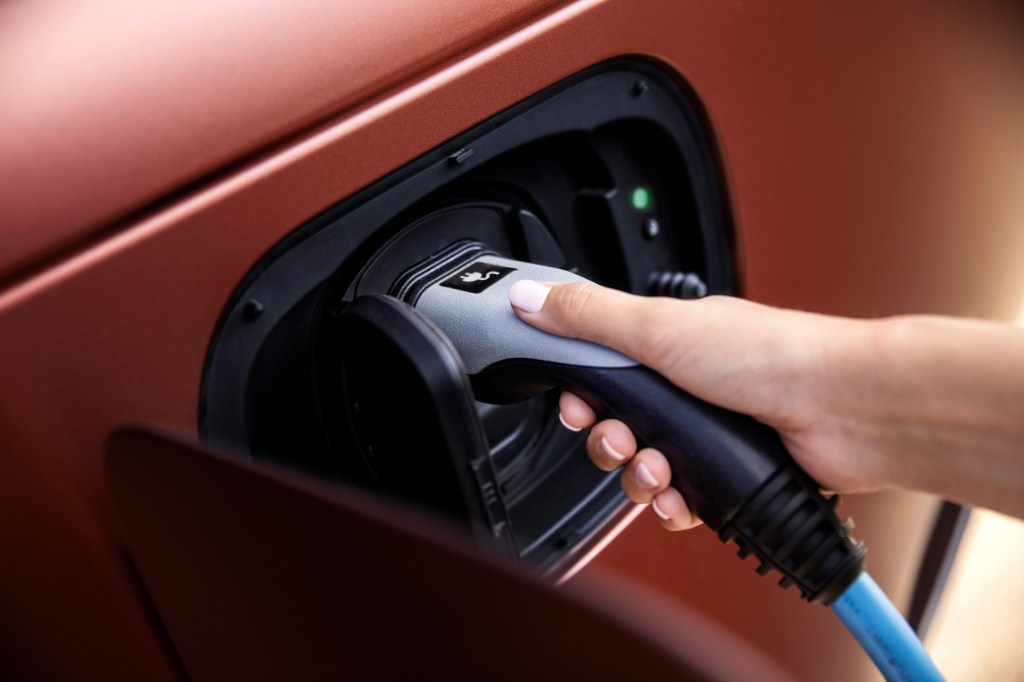Jaguar Land Rover owner confirms new battery factory in Somerset at cost of £4 billion
The Indian company behind Jaguar Land Rover has confirmed plans to build an electric car battery factory in south-west England. Tata has said it will invest £4bn in the site, near Bridgewater in Somerset, but it’s thought the government is subsidising the site heavily.
The new so-called ‘gigafactory’, which will have the capacity to produce 40GWh of battery cells every year, will be among the largest in Europe. It will be used to provide batteries for future Jaguar Land Rover products, as well as for other car manufacturers.
Tata has reportedly worked for months to secure government assistance to construct the new gigafactory, which will be the company’s first plant outside India.
Up to 4,000 direct jobs to be created
N Chandrasekaran, the chairman of Tata, said he wanted to thank the government for working “so closely with us to enable this investment.” And Prime Minister Rishi Sunak said the Tata Group’s investment was “testament to the strength of our car manufacturing industry and its workers.”

Production of batteries at the 616-acre factory is set to begin in 2026, and the government claims 4,000 new direct jobs will be created.
The site is also expected to be crucial for the UK car industry. Upcoming Brexit-related rules about vehicle production will soon mean 45 per cent of the value of an electric vehicle should come from the EU or the UK to avoid 10 per cent tariffs. With batteries often accounting for roughly half the value of an electric vehicle, battery production in the UK is seen as crucial to avoiding these tariffs.
“Producing batteries in the UK is essential if we are to anchor wider vehicle production here for the long term,” said SMMT chief executive Mike Hawes. “We must now build on this announcement by promoting the UK’s strengths overseas, ensuring we stay competitive amid fierce global pressures and do more to scale up our EV supply chain.”
Will be only second car battery factory in UK
At present, the UK only has one gigafactory, next to Nissan’s factory in Sunderland, and the Tata plant is set to be the second. The Society of Motor Manufacturers and Traders (SMMT), which represents car makers and dealers, has described the announcement as a “shot in the arm” for the sector.
In contrast, the European Union has 35 plants either already open, under construction or planned.
The SMMT has previously called on the government to support the electric vehicle industry, and the government has been accused of lacking “industrial strategy”.
Labour MP Darren Jones, who chairs the cross-party Business and Trade Committee, said the Tata announcement was “welcome”, but that the committee would “reflect” on whether the subsidy package involved would be “scalable” and could “meet the need for further battery manufacturing sites for other companies across the UK”.
Liberal Democrat Treasury spokesperson Sarah Olney MP welcomed the announcement, saying the south-west of England had been “neglected by government investment.”
Yet Business and Trade Secretary Kemi Badenoch said the government “has got the right plan when it comes to the automotive sector.”

JLR’s plans to go electric
This isn’t the first time Jaguar Land Rover has been in the news of late, having recently announced a restructure of its business that sees the Range Rover, Defender and Discovery models become standalone sub-brands under the Land Rover umbrella, while Jaguar is currently undergoing a total overhaul that will see it transition to an all-electric high luxury brand from 2025. The Land Rover sub-brands have a less aggressive electrification strategy, but they are embarking on a longer-term transition to zero-emission power.
Related articles
- After reading about the new UK battery factory, you might like to read our detailed analysis of what goes into an EV battery
- You may also like to check out all the car makers’ electric vehicle plans
- Wondering what are the best EVs right now? Check out our electric car reviews here
Latest articles
- Lewis Hamilton wants to design a modern day Ferrari F40 with manual gearbox
- Dacia Bigster 2025 review: The ‘anti-premium’ family SUV that punches above its weight
- Your car’s worn tyres could be being burnt illegally in India, investigation reveals
- Open-top 214mph Aston Martin Vanquish Volante is world’s fastest blow-dry
- F1 2025 calendar and race reports: The new Formula One season as it happens
- Alfa Romeo Junior Ibrida 2025 review: Hybrid power adds an extra string to crossover’s bow
- Top 10 longest-range electric cars: all with over 400 miles per charge (officially)
- Renault 5 Turbo 3E ‘mini supercar’ confirmed with rear in-wheel motors producing 533bhp … and insane levels of torque
- British firm Longbow reveals ‘featherweight’ electric sports cars with 275-mile range














